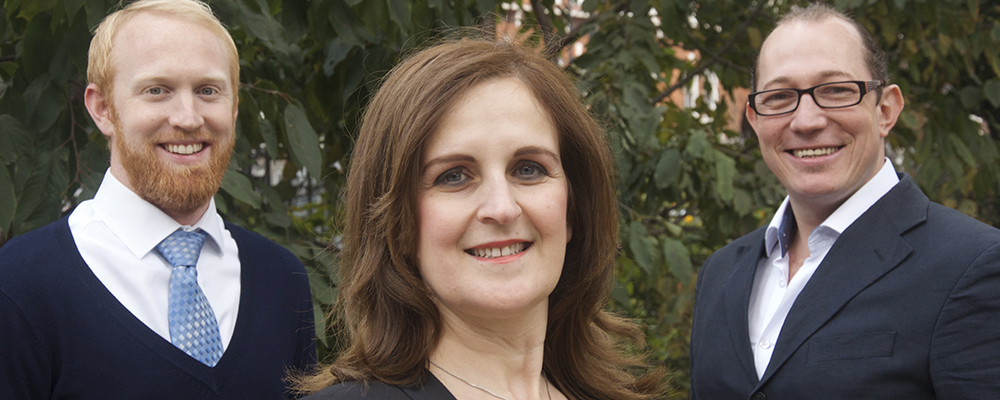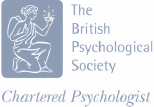Ryan Marcovich
BSc (Hon) | Msc |AREBT, BABCP, BPS
Personal summary
I am an integrative therapist, qualified Rational-Emotive Cognitive Behaviour Therapy (RECBT) psychotherapist and trainee Counselling Psychologist. I mainly offer Cognitive Behavioural Therapy (CBT) as a multimodal evidence-based therapy for mild to moderate mental health issues. I have an integrative style of therapy focussed on improving your holistic wellbeing and self-understanding, which I adapt to your individual needs, depending on what problem areas you present with, and how you would like to engage with therapy. Alongside our private practise clinic with our team of chartered psychologists and other health professionals, I have worked for a number of years in the NHS in England, as well as in multi-agency Drug and Alcohol services where I trained.
Background & Qualifications
My history of work experience began in the social sector, starting in 1997. I have completed an Undergraduate degree in Psychology, a Certificate in Counselling Skills, a Masters degree in RECBT and currently undergoing Doctoral training as a Counselling Psychologist. I am dual accredited with BABCP and AREBT, holding membership with the Association for Rational Emotive Behaviour Therapy (AREBT membership no. 448), British Association for Behavioural and Cognitive Psychotherapists (BABCP membership no. 150206) and the British Psychological Society (BPS membership no. 157428).
My Specialty
I cover mental health concerns, relationship issues, trauma, life transitions & self-improvement. I have trained in managing addictions (drug & alcohol dependency), anger management, anxiety disorders (including; GAD, health anxiety, OCD, panic disorder, PTSD, social anxiety, and specific phobias), eating disorders, low mood/depression and low self-esteem and stress management. Whether you are trying to cope with emotional difficulties, struggling to understand yourself or why you are living in a vicious cycle, having relationship problems, painful life experiences or work-related stress, then perhaps you could benefit from discussing your problems with me. I work mainly with adults in one-to-one or couples therapy, providing short–long term therapy but also happy to consider a younger client if appropriate.
How I work and my approach to therapy
As an integrative therapist, I am trained in both CBT and psychodynamic therapy modalities to provide a personalized approach to therapy. I might draw from both approaches to tailor the therapy to your specific needs and goals. Therapy can then be an explorative journey of your key problem areas, or it may be structured and time framed. I typically start with a CBT approach to identify and address your specific issues and develop practical coping skills, but also incorporate psychodynamic therapy to explore underlying emotions, patterns of behaviour and past experiences.
This process inspires greater self-understanding as I aim to teach you practical skills and techniques to help improve your wellbeing. You will be shown how to recognise your strengths and understand those limitations which might be impacting on your needs and desired goals in your life. Clients appreciate my empathic nature and collaborative style, albeit a challenging process at times, working towards your goals is rewarding when done with an expert.
What to expect from therapy: Treatment involves us discussing your primary concerns, and an assessment of the problem areas, your expected goals for therapy and the framework of therapy I will be using for our sessions. There are usually 2 main steps to treatment: firstly, delivering psychoeducation which involves identifying and working on problem areas and obstacles to personal growth that may be distressing you. Thereafter, developing skills to maintain positive wellbeing or spending time to reflect on developmental factors that are often involved in mental health problems.
CBT: can be considered a ‘general form’ of therapy – like an umbrella term for a number of different ways of applying talking therapies that aim to help clients change unhelpful thinking styles in order to break unhealthy cycles you may be unwittingly maintaining. My core training is however in delivering RECBT. Developed originally as a transdiagnostic form of therapy, it can be used across different problem areas. RECBT doesn’t aim to remove the adversity itself, but by using rational logical principles and flexible thinking styles, it can help you to develop greater tolerance and acceptance of one’s adversities and in doing so, find solutions to overcoming further adversity, minimise distress and help reach goals. For a more detailed description about RECBT click here.










